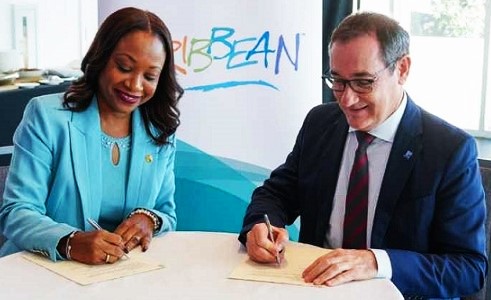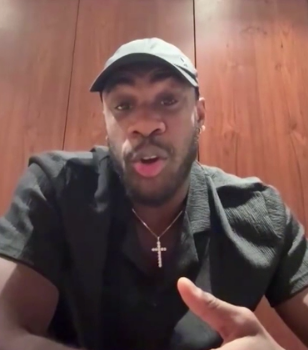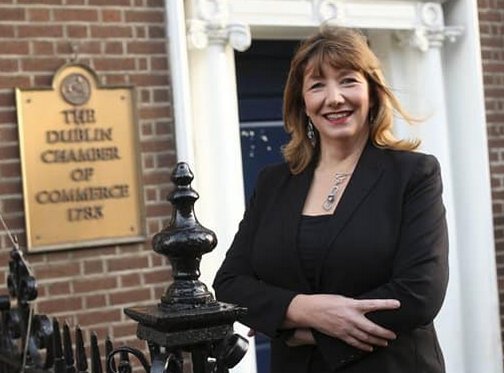In a year of turbulence, now more than ever it is clear that the retail industry is having to up its game. This necessity led to Hollywood Monster’s thought leadership event that took place at its Tyseley headquarters earlier this week and gave the industry’s leading experts congregate to discuss what’s in-store for the sector’s future. From big names going bust to the ominous uncertainty of Brexit; from the potential of digital marketplace to the evolution of the physical retail landscape; from £7million Christmas adverts to infomercials on Youtube: no subject was out of bounds.
Delivering the keynote address was Andy Street, Managing Director of John Lewis, who explored how the John Lewis Partnership navigated the transition from being a company depending on ‘word of mouth’ recommendations instead of big-budget advertising campaigns to being the brand that has become synonymous with the festive period. Having authorised the company’s first major television in 2010, Street has more than just witnessed John Lewis’ impressive ascent to the top of the advertising food-chain: he’s led it.
The topic that was on everyone’s lips was naturally this year’s Christmas advert. When asked about what viewers can expect, Street remained coy: however, in response to suggestions that the campaigns had become progressively darker in tone, Street insinuated that this year there may be a shift back to being more light-hearted and that viewers may be surprised by the change.
Another surprise announcement came from Gareth Hudson, Head of Development at McDonald’s, who revealed that as a result of a site shortage, McDonald’s has had to revaluate its new store formats. This has led to talks between the fast-food giants and supermarket chains, Tesco and Morrisons, in hopes of acquiring surplus space, such as within store car parks.
With a recent report from British Retail Consortium showing that footfall in shopping centres in July 2016 was down by 2% compared to July 2015, and a report released by LDC (Local Data Company) claiming that England’s stands at 11.3%, it seems that Britain’s shoppers are swapping window shopping for Windows shopping. Myf Ryan, the Chief Marketing Officer for Westfield, identified a need for reform in shopping centres to tackle this. Ryan explored the concept of ‘Retailtainment’, asserting that shopping centres had to capitalise on their advantage over the convenience of online browsing: the ability to prioritise the human experience and restoring the ‘personal touch’ factor that a screen cannot provide. Using case-studies from overseas, such as the Westfield World Trade Centre in New York and The Dubai Mall, Ryan demonstrated how shopping centres have had to adapt to emulate community hubs.
However, Social Chain CEO, Steven Bartlett, seemingly countered this by illustrating the depth and breadth of online communities and the grip that the leaders of these communities have on their followers. Introducing the concept of ‘Influencers’ to the room, Bartlett drew back the curtain on the infrastructure of social media platforms to reveal how he and his team can get a hashtag to trend in under 30 minutes. Employing the people behind the Internet’s 400 most followed community profiles, including Sporf (928k Twitter followers) and Fitness Motivation (1.77 million Twitter followers), Social Chain can reach 305 million people. The implications of this are phenomenal, especially when considering United Parcel Service Inc.’s survey in June 2016 that showed that for the first time consumers had bought more of their purchases online than in stores.
However, one sentiment reiterated by Bartlett that was highlighted by both Street and Ryan was the role of emotion. Bartlett told of his agency’s ethos to ‘deeper than engagement’, tracking the type of emotional engagement a post elicits. Using the topical US election as an example, Bartlett deconstructed the emotional responses received on social media by the Donald Trump campaign, before explaining how this type of analysis can be transplanted on to a company’s ad campaign.
In a year that no-one could have predicted (no one mention Brexit!), and in a week where Unilever and Tesco’s feud has hit the headlines, the retail industry continues to keep us all guessing,
















